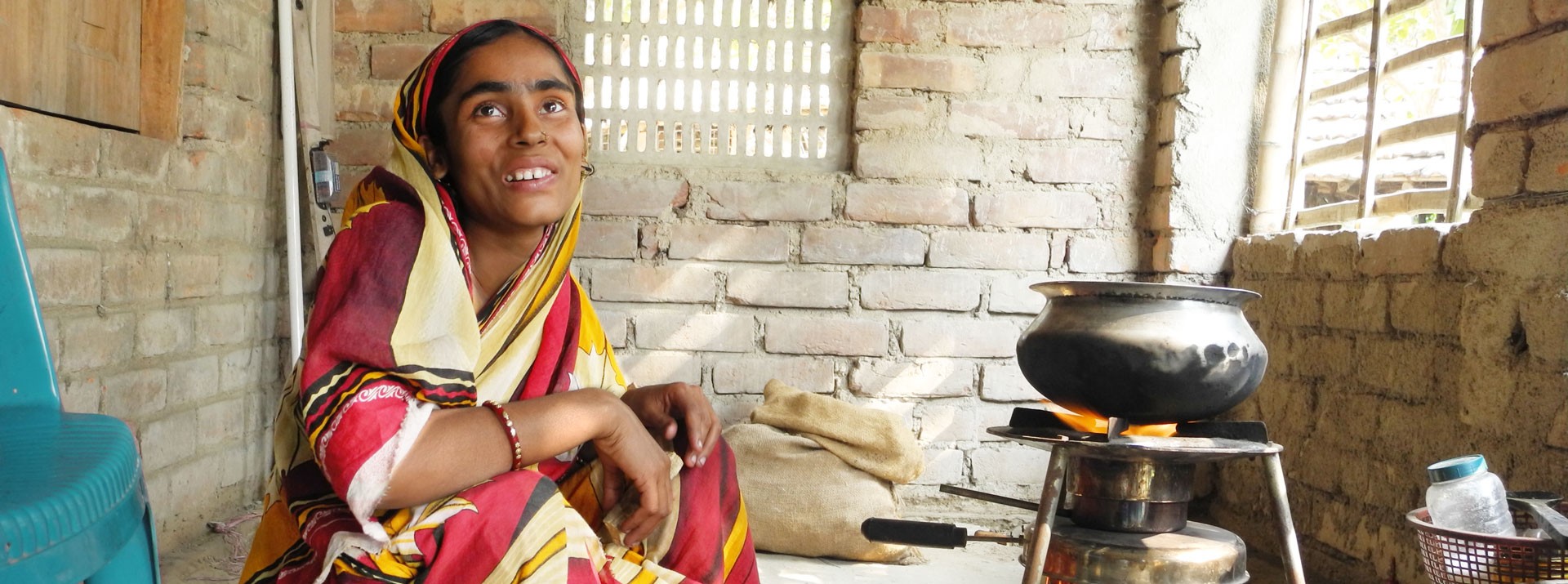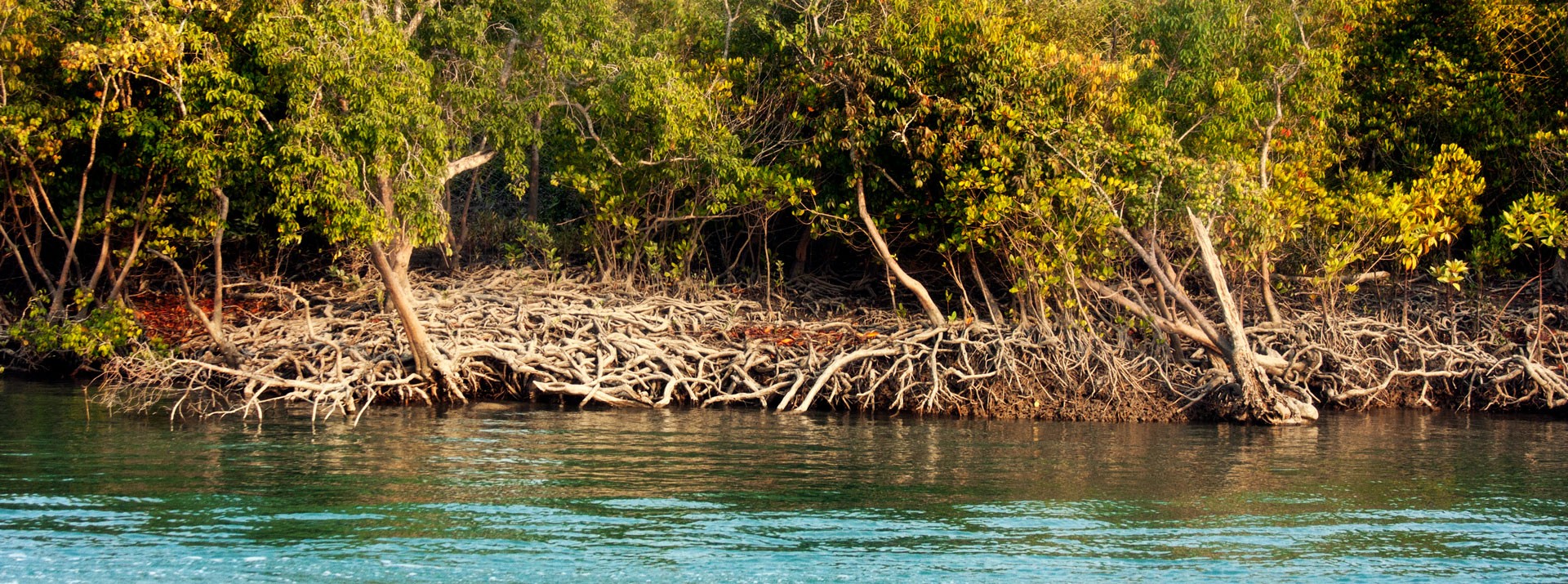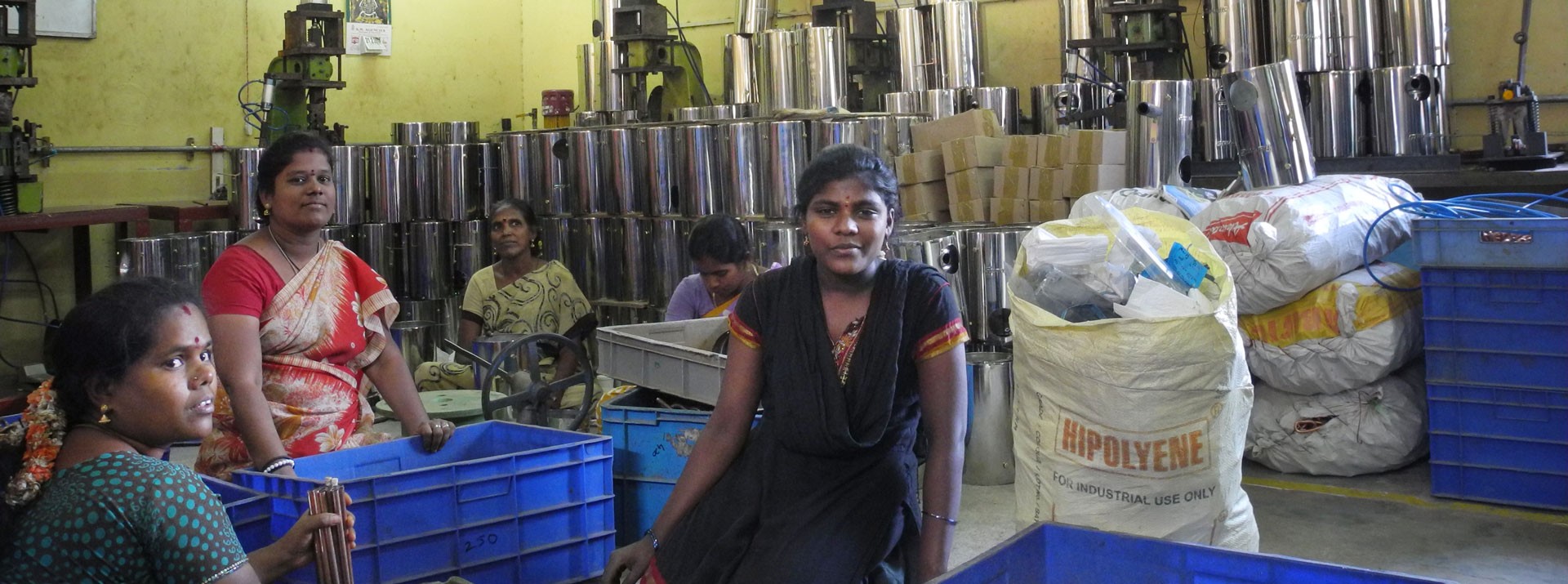As part of its new Climate Strategy 2030, as well as halving its CO₂ emissions, Knorr-Bremse is contributing to climate protection with a commitment to achieve CO₂ neutrality at its sites from the end of 2021. To this end, Knorr-Bremse will maximize the share of electricity from renewable sources. The remaining and irreducible emissions, which will be offset by high-quality climate protection certificates, amount to approximately 40,000 metric tons of CO₂ per year.
Knorr-Bremse is cooperating in this area with the Berlin-based climate protection organization atmosfair. Knorr-Bremse’s commitment to climate protection is reflected in two projects that will run until 2030. One of these offset projects is the “Efficient Wood Gasifier Stoves” project in India, which is presented in greater detail in this article.
Preserving mangrove forests in West Bengal
West Bengal is home to the world’s largest mangrove forests, which act as a natural barrier against storms and the impacts of rising sea levels in the region. However, population growth and the resulting higher demand for timber in the Ganges Delta have led to depletion of these unique forests over many years. The local biodiversity and living environment of the local population have been severely impacted.
This is precisely where the offset project “Efficient Wood Gasifier Stoves” comes in. The atmosfair organization has been running the project with its local project partner Sapient from Kolkata for several years, and it is now being extended with the support of Knorr-Bremse. Low-income households in rural West Bengal receive subsidized efficient wood gasifier stoves that save 50 to 60 percent of the firewood the households would otherwise need to consume. This conserves the mangrove forests in West Bengal while also cutting the local population’s outlay on firewood.
By 2030, a total of 30,000 new stoves will be distributed, with purchases subsidized by Knorr-Bremse. The total offset volume amounts to 140,000 metric tons of CO₂.
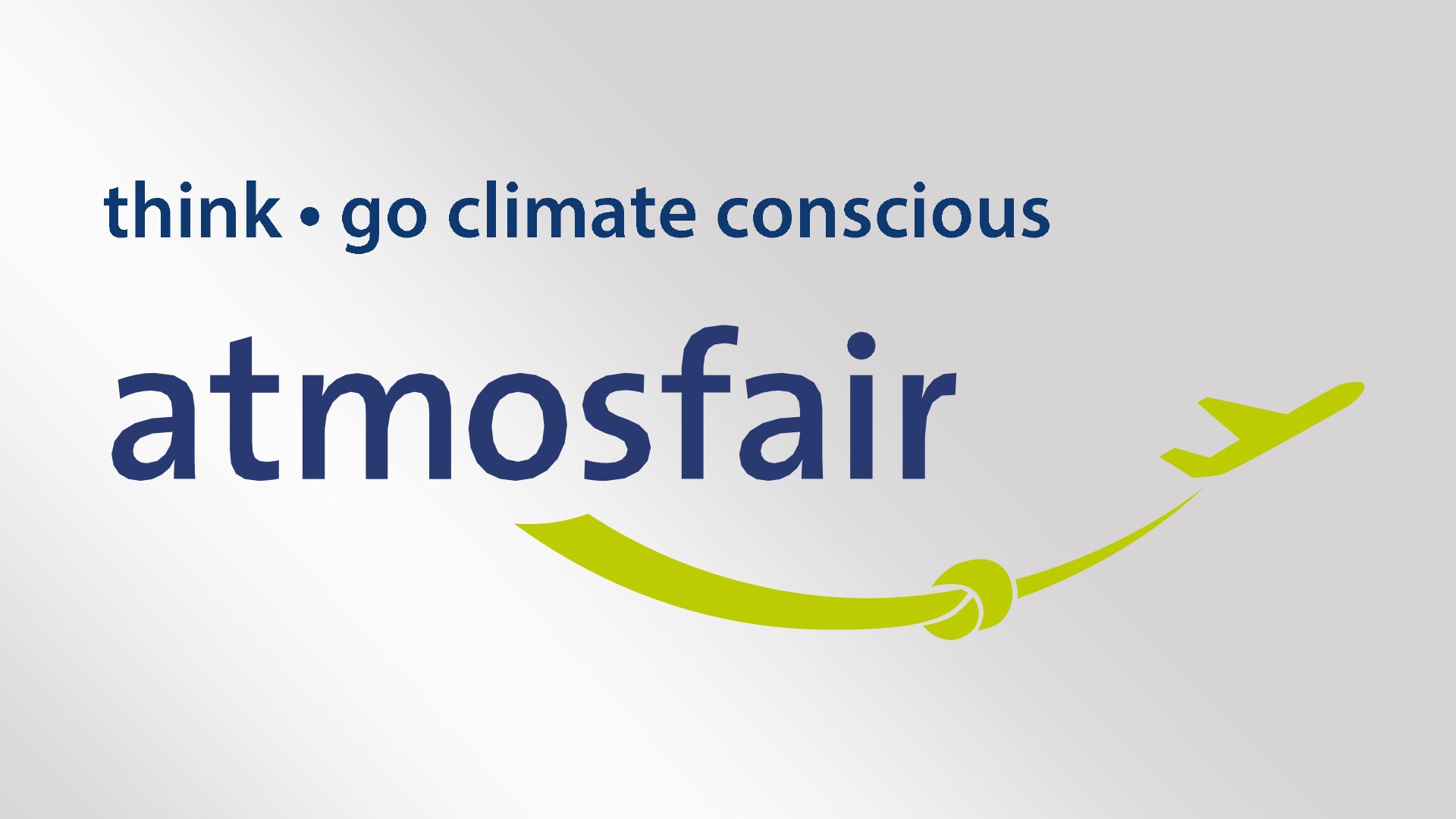
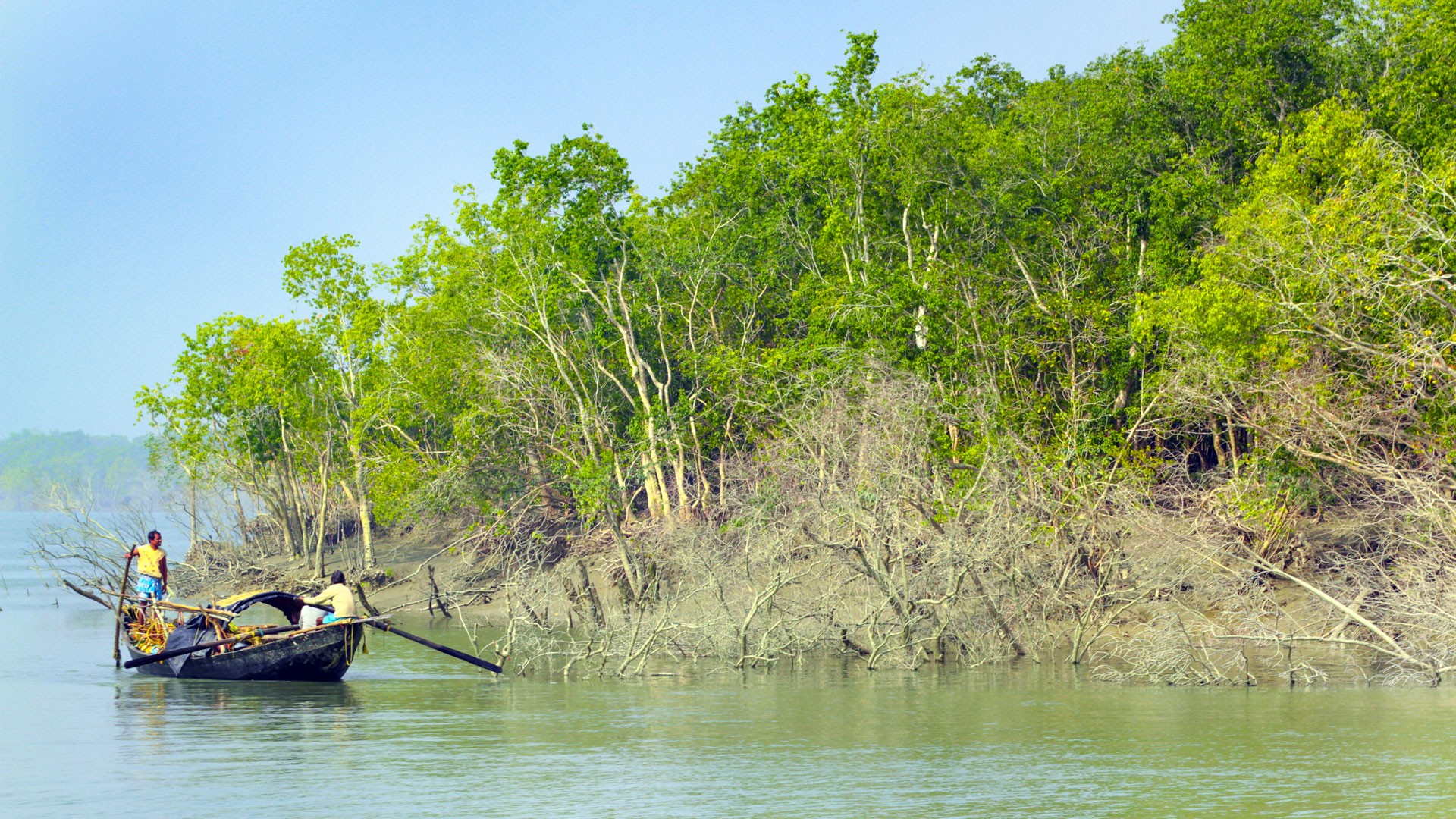
Efficient, smoke-free cooking with a charcoal bonus
Aside from the substantial wood and CO₂ savings potential, the stoves offer further benefits for the local population in West Bengal. First, the wood gasifier stoves enable efficient, faster and almost smoke-free cooking, which reduces respiratory diseases. Second, the wood gasification process of these special stoves produces charcoal as a by-product, which can either be used by the households or sold. So the wood gasifier stoves are also generating value while they are in use.
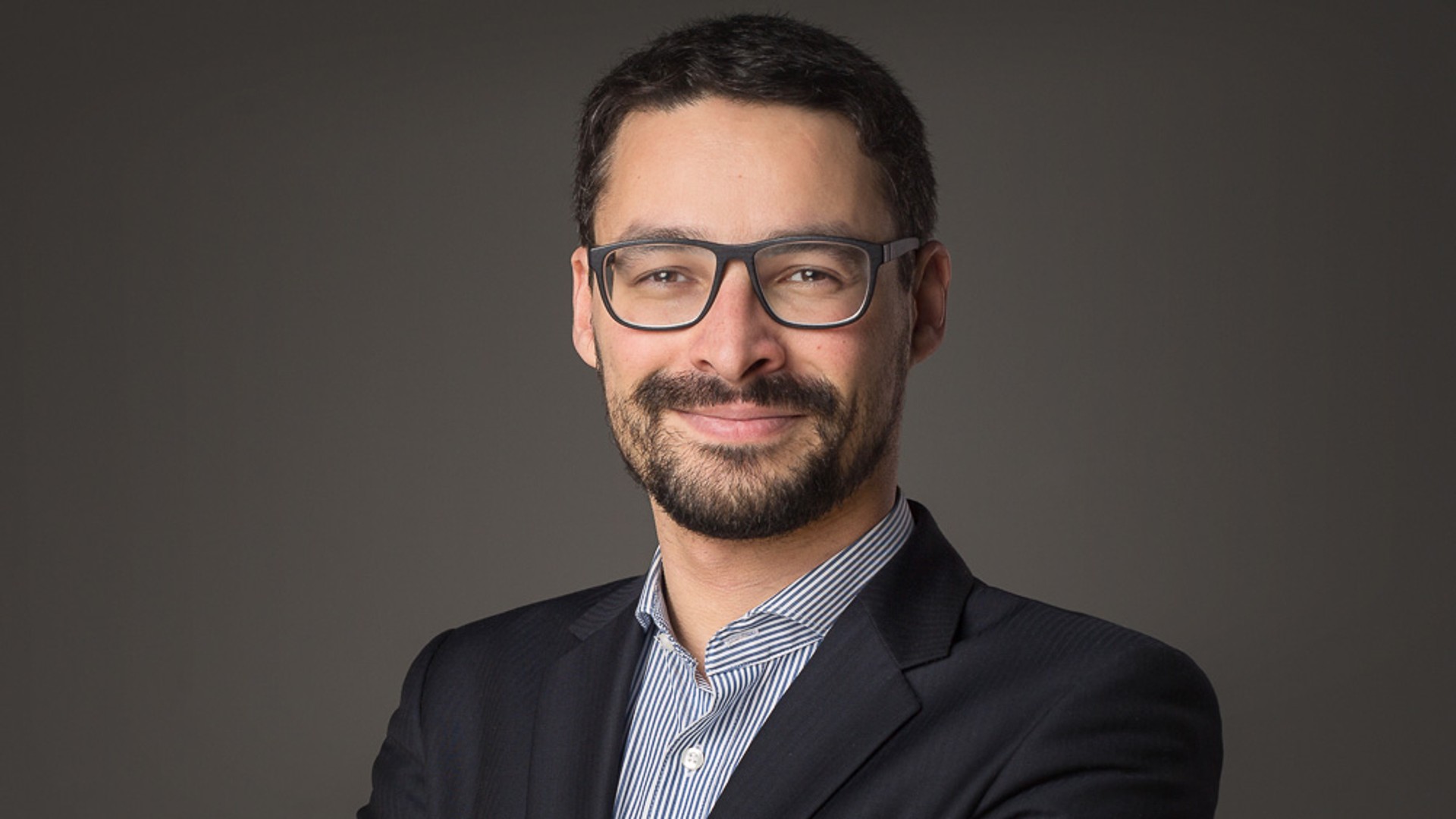
Today, people in the project region still commonly cook on open fires, which leads to high CO₂ emissions and health problems such as respiratory diseases. Through the wood gasifier stoves we help to provide, the local population can greatly reduce the use of firewood and thus CO₂ emissions. Moreover, the stoves help to avoid smoke pollution and protect the local forests. A further positive effect is the creation of around one hundred local jobs in manufacturing the stoves and reselling the charcoal that is generated as a by-product of the cooking process. We are delighted to be supporting the project in partnership with atmosfair up to 2030.
Yacin Bessas – Specialist Corporate Responsibility Knorr-Bremse AG
Creation of over one hundred local jobs, plus extra income
The project offers to buy back the charcoal produced by the wood gasification process from households in the West Bengal region. There are already around 120 Field Assistants in the region who organize the purchases. The charcoal is then provided to small businesses or restaurants that would otherwise use fuels with higher CO₂ emissions. Thus, in addition to the savings from the lower consumption of firewood, the additional income from charcoal sales brings an added benefit to the households and allows them to quickly recoup the cost of purchasing the wood gasifier stove. Charcoal sales increase the income of the respective households by up to 40 percent. In order to resell the quantities of charcoal produced, a chain of charcoal traders was established, thereby creating one hundred jobs.
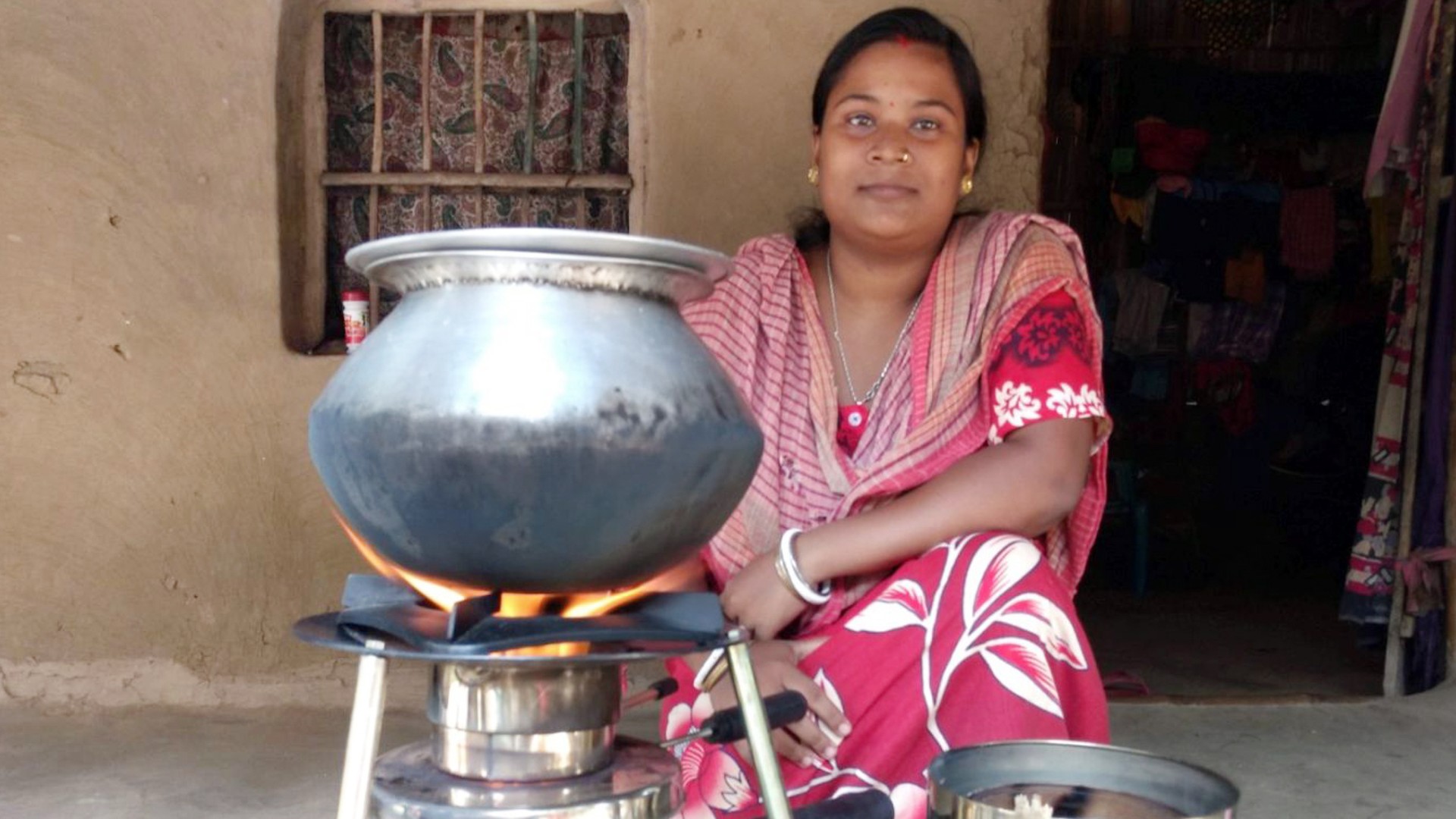
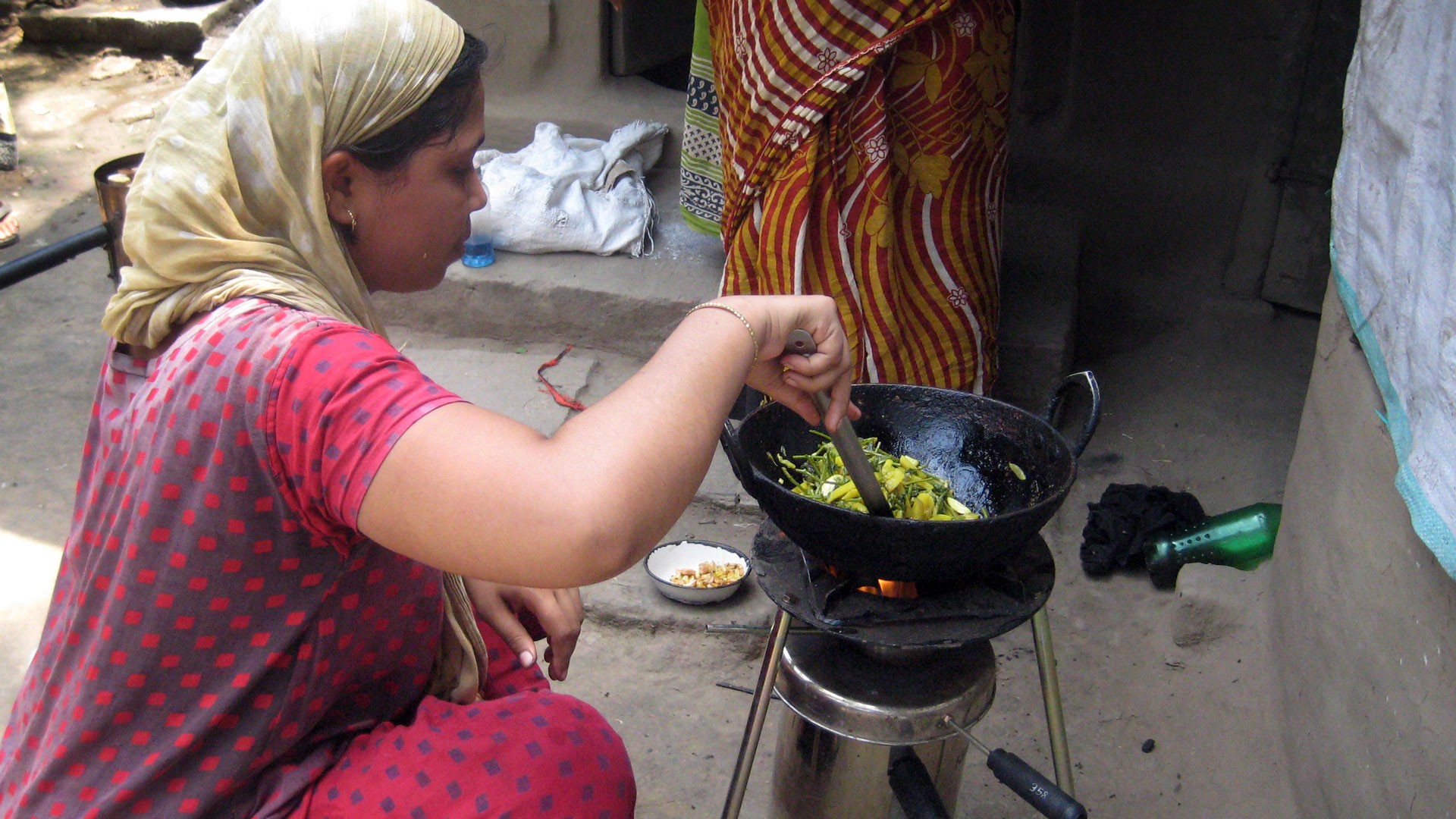
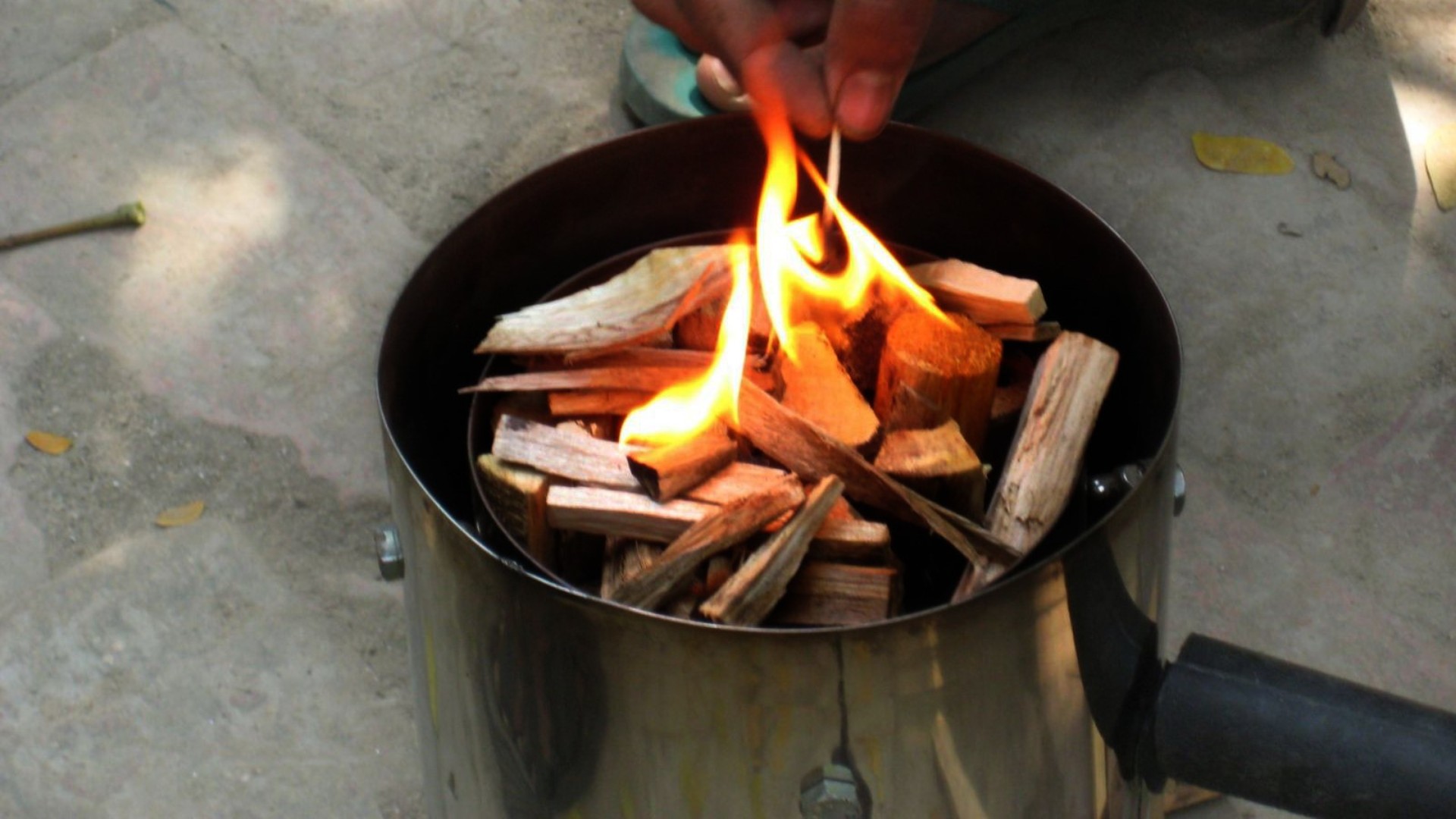
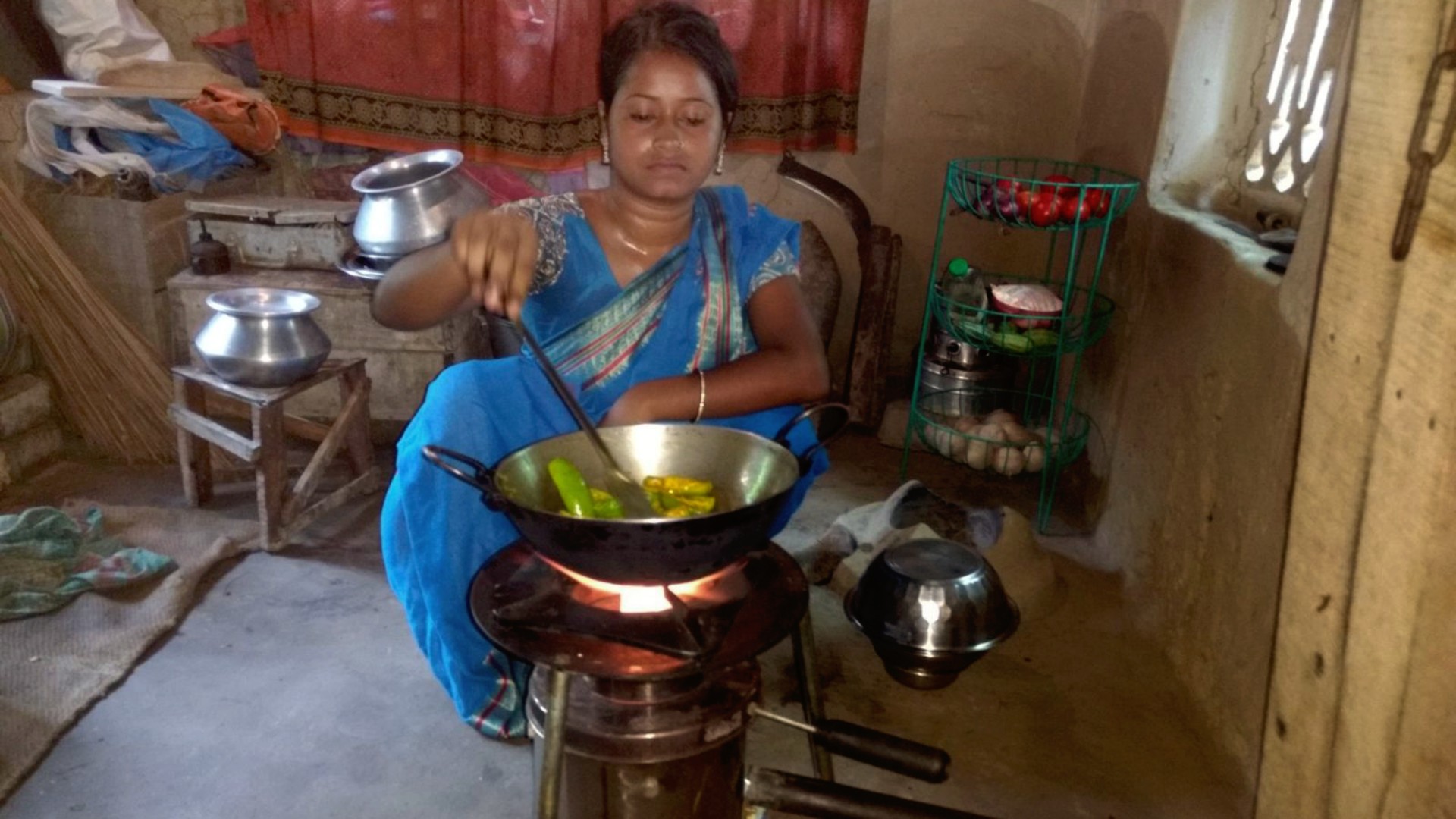
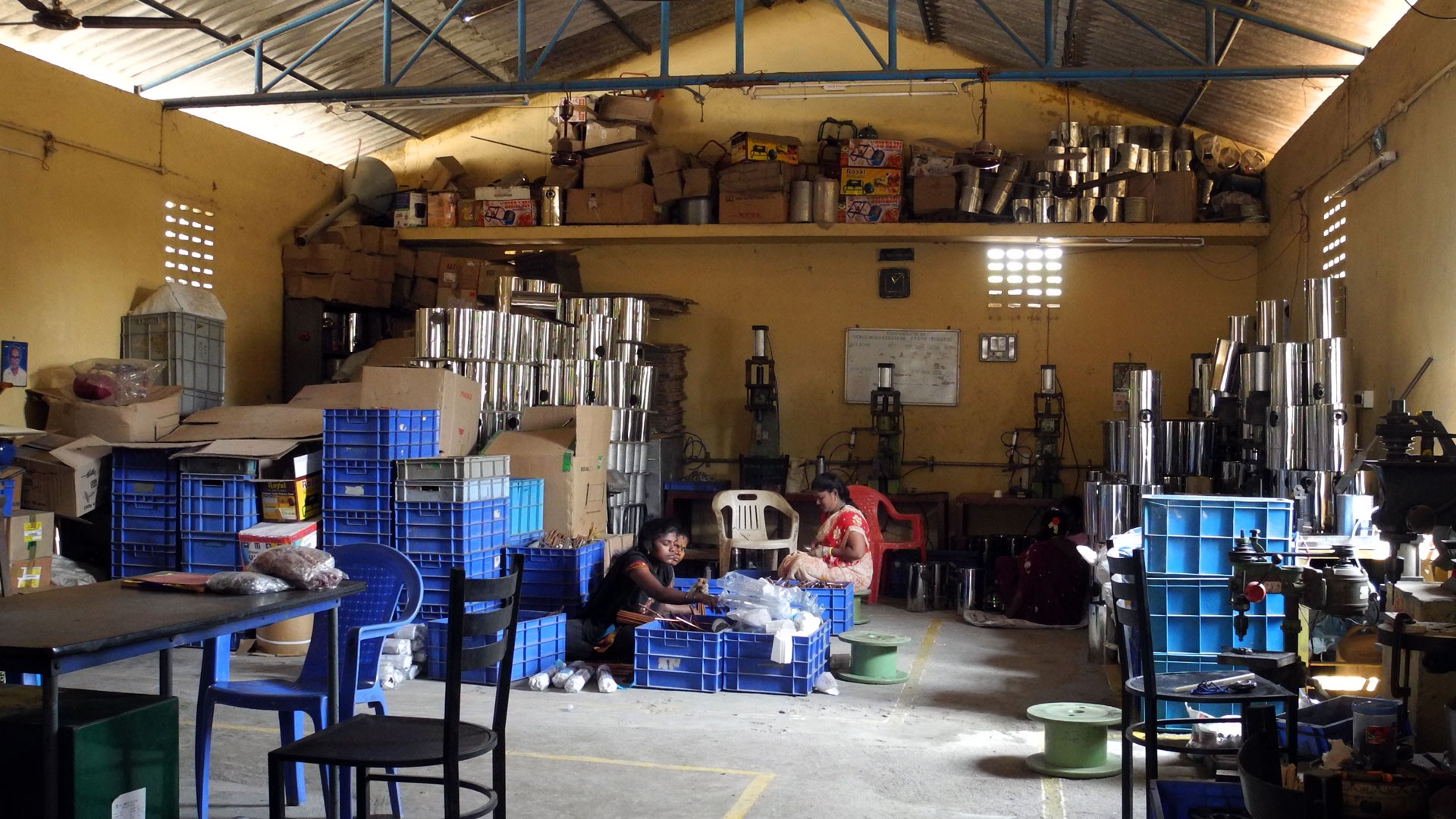
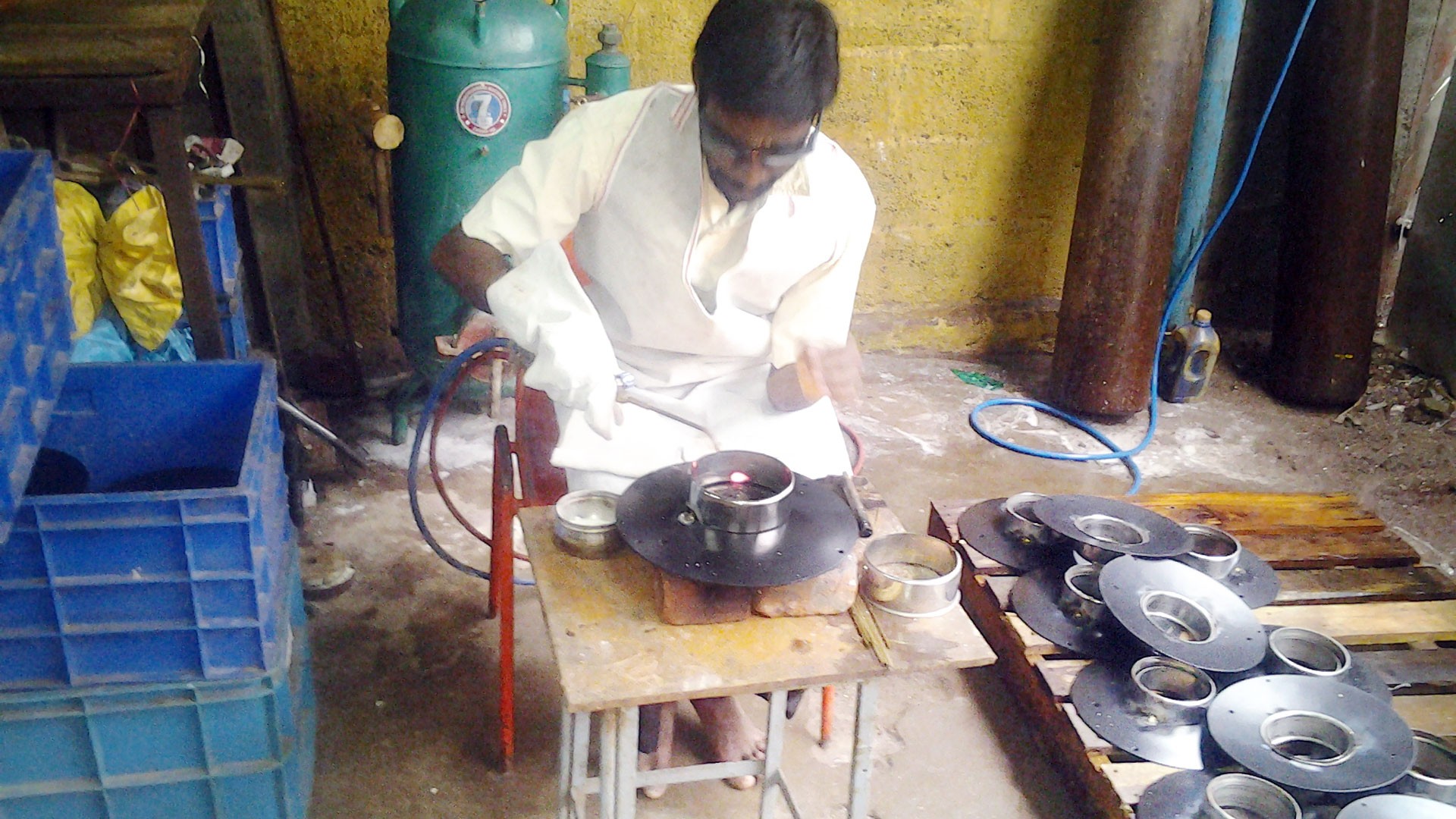
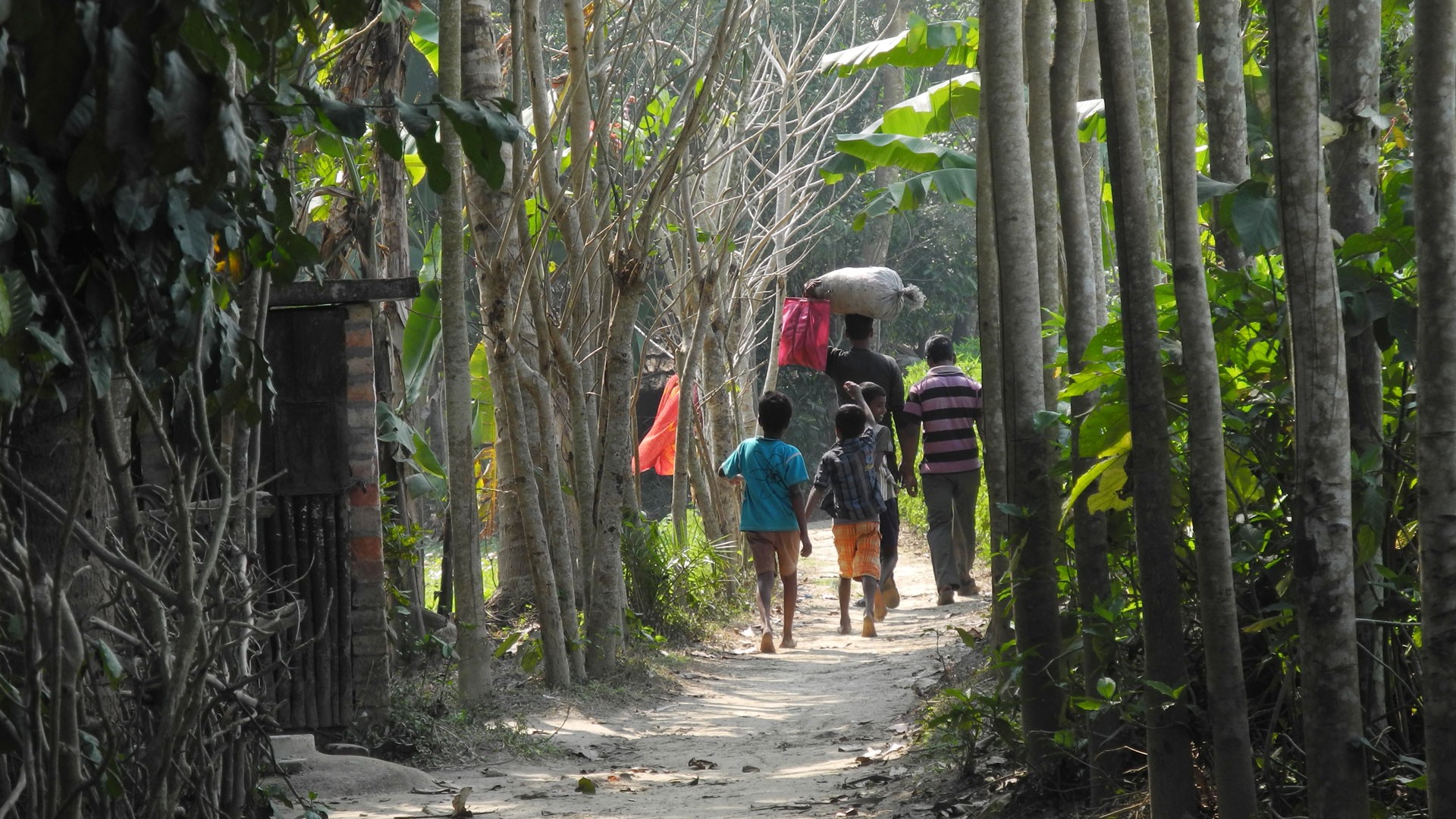
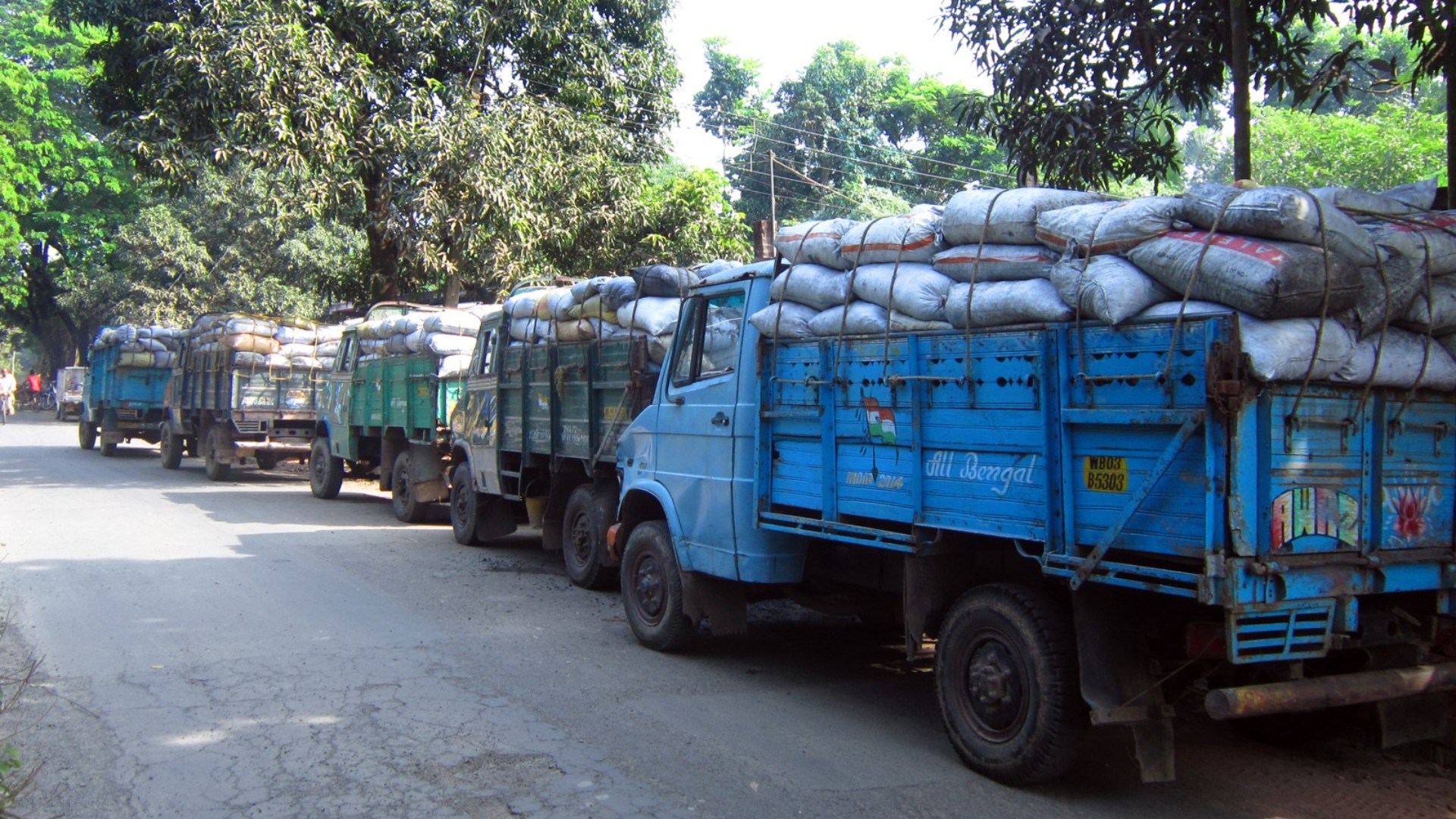
So besides helping to protect the endangered mangrove forests, the “Efficient Wood Gasifier Stoves” project assists the local population in West Bengal in improving their economic livelihoods.
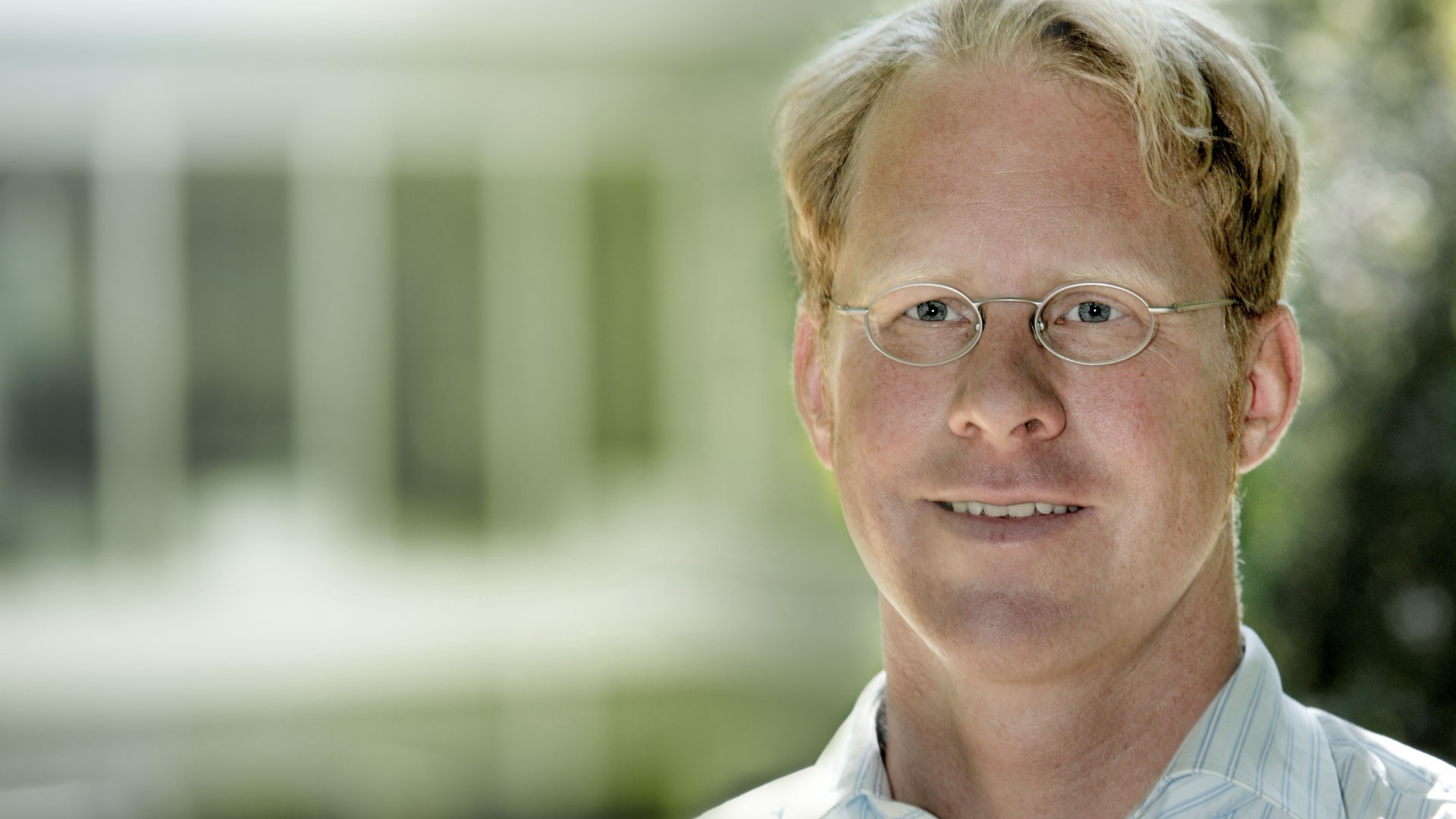
2021 was a challenging year – not least because steel prices increased in the course of the year. The rising cost of materials for the stoves was mitigated by Knorr-Bremse’s commit-ment to the project, as we were able to purchase in significantly higher quantities.
Philipp Neff – CTO atmosfair
Offset project contributes to several Sustainable Development Goals
The “Efficient Wood Gasifier Stoves” project has a particularly strong link to Knorr-Bremse’s core Sustainable Development Goals (SDGs) 13 “Climate action”, 8 “Decent work and economic growth”, 5 “Gender equality” and 4 “Quality education”. A crucial factor in the project selection process was to support work being done in countries where Knorr-Bremse has one or more sites or where Knorr-Bremse Global Care is running projects. Knorr-Bremse will carry out the review process in conjunction with Knorr-Bremse Global Care.
In the interest of reducing CO₂ emissions from air travel by employees at German locations, a pilot program will be initiated from Q4 2021 to actively support projects including this one in India. More information on this program and the second offset project in Kenya will follow shortly.

Data transmission to YouTube
This video is embedded on our website via YouTube.
Data is only transmitted to YouTube when you click on “Agree”.
Please refer to the privacy policy of YouTube for more details.
